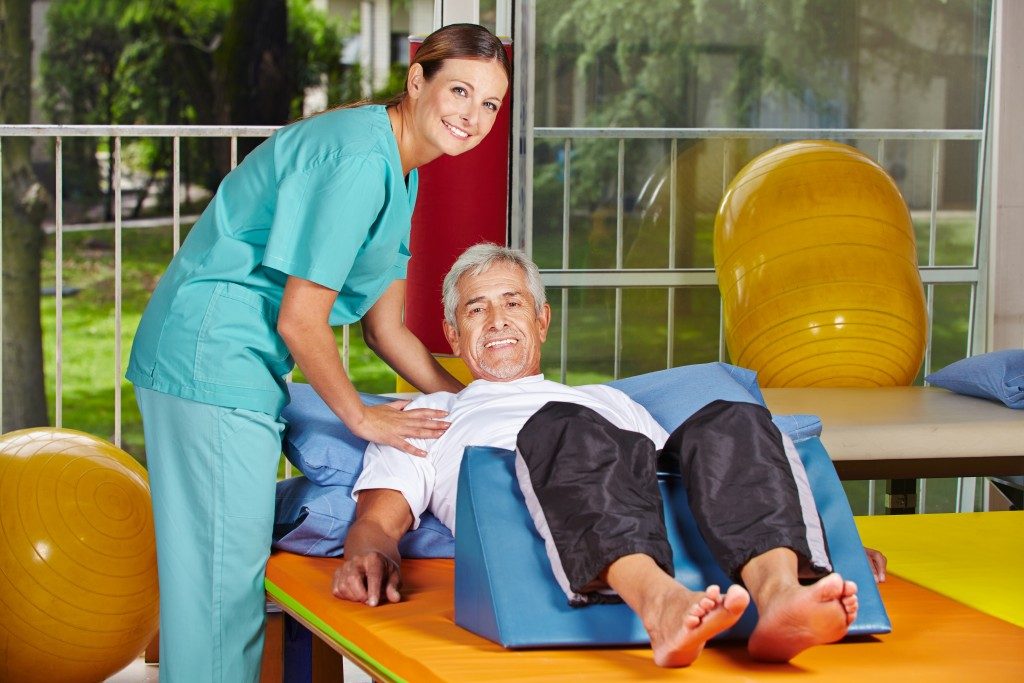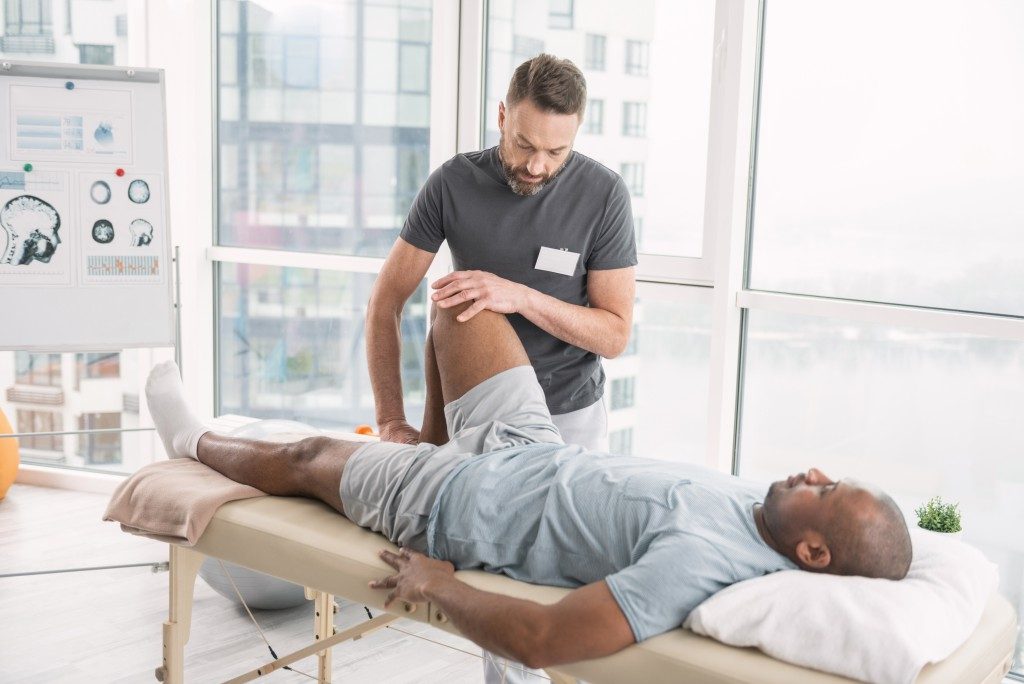So you’ve just gotten through a successful surgery, and the first thing that springs to mind is that it’s time to go back to your daily routine. Unfortunately, your body and your doctor say otherwise because you need to undergo physical rehabilitation to get your strength back the safest way possible.
With help from a team of specialists, you’ll learn how to do your daily tasks without injuring yourself and delaying recovery as well as specific exercises that will strengthen your muscles and improve how you utilize the portion of your body that was operated on.
What to Expect During Physical Rehabilitation
Rehab could speed up your recovery regardless of the surgery you had, whether it’s heart surgery, part of a cancer treatment plan, or a joint replacement. Your rehabilitation will most likely start while you are still inside the hospital. Your physical therapist will teach you how to move around safely and some exercises that you should continue doing once you’re discharged from the hospital.
How Long Will It Take?

Your doctor might recommend that you do undergo physical therapy on an outpatient basis so you could go home and get regular sessions a couple of times a week in a facility or right at home.
Or you might complete your therapy in a physical rehabilitation facility, and depending on the kind of surgical procedure you had, your doctor might recommend that you stay in the facility for several weeks to a few months.
How Physical Rehab Can Help You Recover
Yes, it will take a huge amount effort and possibly, time, but it will all be worth it in the end. Depending on your rehab goals, you may have to work with different specialists including a physical therapist, physiatrist, speech therapist, occupational therapist, dietitian, nurses, and a counselor or psychologist. In general, you can expect to tackle the following goals during your rehabilitation program:
- Reduce pain
- Make your muscles stronger
- Improve range of motion and movement
- Help you walk and move around safely and properly
- Help you do daily tasks safely like bathing, getting dressed, getting up from your bed or chair, climbing stairs, etc.
Keep in mind that these goals will change as you recover and that you may have to keep setting new goals in place of the goals you’ve achieved and your progress level. If you’re having issues achieving your goals, don’t hesitate to discuss your concerns with your physical therapist.
And while it might take you a couple of months to be completely healed, remember that patience is a virtue. A part of your progress results will depend on the kind of operation you had and your overall health so don’t rush yourself. Continue working with your physical rehab team and following your doctor’s instructions and you’ll be 100% rehabilitated, physically that is, in no time at all.
